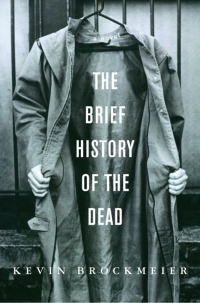Eater by Gregory Benford
 Friday, November 19, 2010 at 2:59AM
Friday, November 19, 2010 at 2:59AM 
Published by Eos on May 2, 2000
A mechanism constructed around a black hole billions of years ago has been traveling across the universe gathering and banking digitized versions of intelligent life. As it approaches Earth, it demands that several thousand humans be sacrificed to its library of knowledge, including specific individuals (Hillary Clinton among them). To encourage compliance, it uses magnetic energy to pummel D.C. and to visit lightning storms upon military or scientific bases while it gobbles up satellites. Working furiously, and often at odds with the military and political figures who try to control the operation, a team of astronomers searches for a way to chase the mechanism away.
While some readers complain that the novel's central thesis isn't fresh, that didn't particularly bother me. I enjoyed Eater for a couple of reasons. First, the key characters are flawed, human, and multidimensional. They made this a more interesting story than I usually expect from hard sf--and I do mean hard, given that the discussion of astrophysics was far beyond my grasp.
Second, while science fiction written by scientists typically portrays scientists as the saviors of the human race, Benford offered insightful views of how scientists compete against each other even while working together. He shows them indulging in professional jealousies, often a bit petty, and demonstrates how scientists can engage in politics even while claiming to despise politicians.
The story's emphasis on people--their follies and foibles, their complicated relationships, their cooperation and competition--makes this novel stand out. Hard sf too often focuses on ideas and places secondary (if any) emphasis on characters. Maybe that makes good reading for people of a scientific bent, but for those of us who don't have degrees in astrophysics, it's nice to encounter a novel of hard sf in which people matter.
RECOMMENDED



